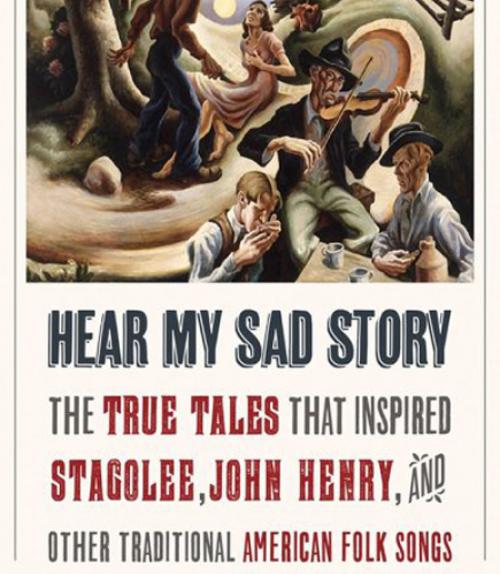In January of 2016, Marie Underhill Noll Professor of History Emeritus Richard Polenberg will be releasing his book Hear My Sad Story: The True Tales That Inspired "Stagolee," "John Henry," and Other Traditional American Folk Songs.
Polenberg’s previous books addressed American political history and legal history; this is his first on folk music. The topic has long been an interest of his, though; he plays both guitar and banjo.
“Hear my Sad Story” examines the historical events, from murders to desperate acts to calamities, that led to the creation of legendary American folk songs. The stories, many of sorrow, misfortune and regret, often involve tragedies and highlight the social history of American folk music.
Sometimes, Polenberg says, the stories in the depiction of the songs are not accurate. Jesse James, for example, is often depicted quite favorably in folk music, despite the fact that he murdered many while robbing banks.
Yet these songs are still significant, according to Polenberg, because they speak to the values that were held by the community and society at the time of their creation. “They may not be true to the actual events but they express something of the singer’s feelings and the community’s feelings as well,” as Polenberg said in a Cornell Daily Sun interview.
Singing about America’s past can be a cathartic experience, according to Polenberg. Singing, even about tragedies, allows individuals to release pent-up emotions and come to terms with the events. “Even 100 years later, the singing of these songs allows people to cope with things that have happened in the past and things that are still happening … It’s one of the ways that music can have a powerful effect on people,” he told the Sun.




